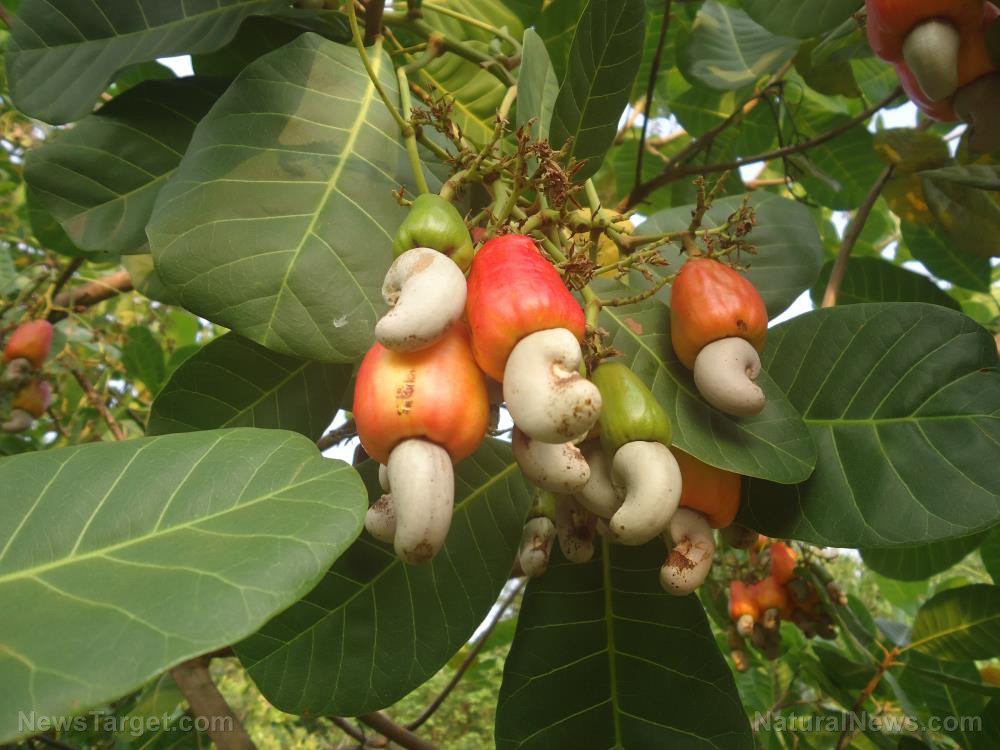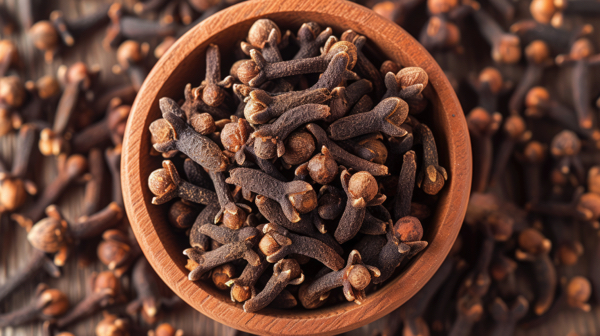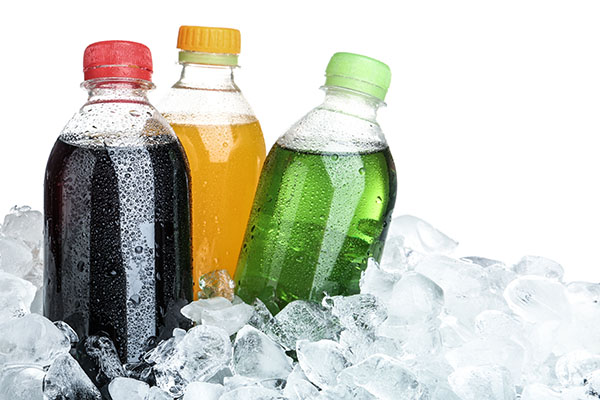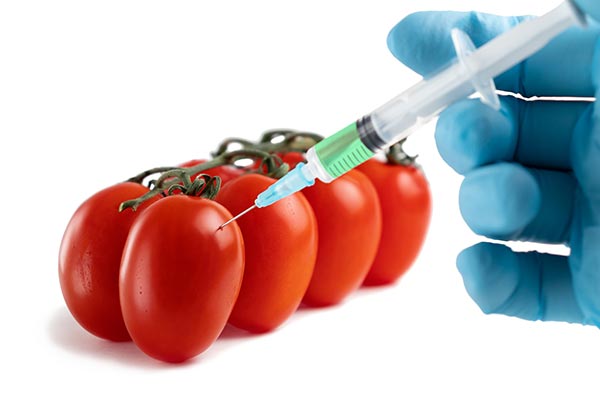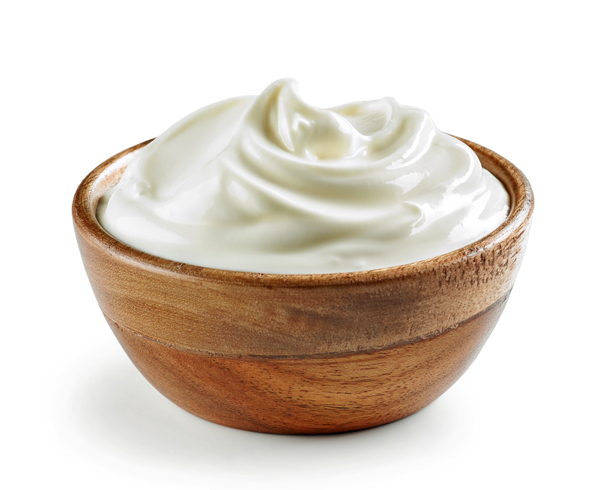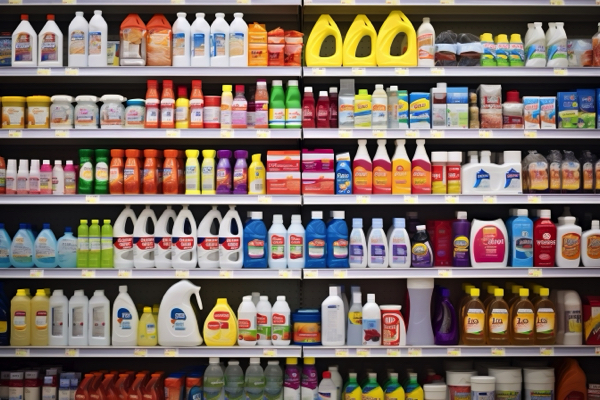Sweet danger: New study finds sugary drinks fuel the spread of colorectal cancer
09/28/2025 / By Ava Grace
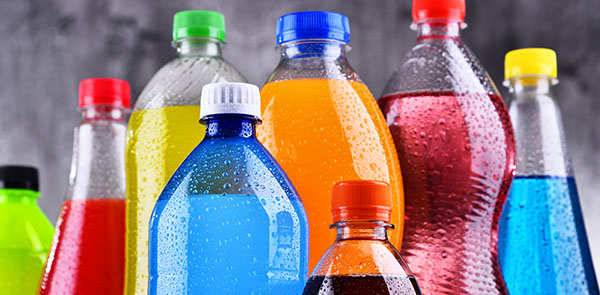
- A new study demonstrates a direct biological mechanism through which sugary drinks, specifically the glucose-fructose combination in high-fructose corn syrup, can cause colorectal cancer to metastasize (spread), moving beyond the previously understood indirect link via obesity.
- The research found that this specific sugar blend dramatically increases cancer cell mobility, leading to faster spread to the liver – the most common site for colorectal cancer metastasis – thereby worsening the prognosis for those already diagnosed.
- Scientists identified the enzyme sorbitol dehydrogenase (SORD) as the key mechanism; when activated by the sugar mix, it supercharges the cancer cells’ energy production and triggers pathways that provide the tools needed for metastasis.
- The findings offer a plausible explanation for the alarming rise in early-onset colorectal cancer, suggesting that the ubiquity of sugary drinks in the modern Western diet is a significant contributing factor to this trend.
- The study underscores the critical importance of diet not just for cancer prevention but also for disease progression, serving as a stark reminder that reducing consumption of sugar-sweetened beverages is a crucial, actionable step for long-term health.
In a finding that adds significant weight to public health warnings about sugar, a new study has revealed a direct biological mechanism through which sugary drinks can cause colorectal cancer to metastasize (spread throughout the body).
The peer-reviewed research published Sept. 19 in Nature Metabolism provides a sobering explanation for why diet is critical not just for prevention but also for the progression of the disease after diagnosis. The study suggests that the common combination of glucose and fructose found in many sweetened beverages actively enhances the ability of cancer cells to travel and establish new tumors, particularly in the liver.
For years, the link between sugar and cancer has been largely attributed to obesity. Excess weight is a known risk factor for many cancers, including colorectal cancer. However, this new research challenges that indirect connection by demonstrating a more immediate threat.
Using advanced laboratory models of late-stage colorectal cancer, the study authors exposed cancer cells to different types of sugar. They discovered that while glucose or fructose alone had a limited effect, the specific combination of the two dramatically increased the cancer cells’ mobility. This mirrors the composition of high-fructose corn syrup and other sweeteners in sodas, juices and sports drinks. (Related: Cancer cells are fueled by sugary drinks, making tumors grow faster.)
This enhanced mobility – a process scientists call “cellular motility” – is a crucial step in metastasis. It is the ability of cells to break away from the original tumor and migrate to other parts of the body.
The study found that this sugar mix acted as a potent fuel, causing cancer cells to move faster and leading to a more rapid spread to the liver, the most common site for colorectal cancer metastasis. This moves the concern beyond simply increasing cancer risk to actively worsening the prognosis for those already diagnosed.
Unlocking the biological mechanism: How sweeteners power cancer cells
The team delved deeper to understand precisely how this sugar combination wreaks havoc. They identified that the glucose-fructose blend activates a specific enzyme known as sorbitol dehydrogenase (SORD).
This activation sets off a dangerous chain reaction within the cancer cells. It supercharges the cells’ glucose metabolism and, critically, triggers a pathway involved in cholesterol production. This entire process ultimately provides the cancer cells with the energy and biological tools they need to metastasize effectively.
Perhaps most promising for future treatments, the researchers found that when they blocked the SORD enzyme, the metastatic process slowed down significantly even when the cancer cells were exposed to the sugary mix. This discovery not only confirms the mechanism, but also opens a potential new avenue for therapy. It suggests that targeting this specific enzyme could one day help prevent the spread of colorectal cancer in patients.
This research arrives amid growing alarm over colorectal cancer, particularly its rising incidence among younger populations. For decades, the overall rate of colorectal cancer had been declining, thanks largely to increased screening in adults over 50.
However, this trend masks a disturbing reversal in younger age groups. According to the American Cancer Society, while incidence rates dropped by about one percent annually in older adults from 2012 to 2021, they increased by 2.4 percent per year in people under 50.
Some data presented last year showed even more startling jumps, with incidence rates soaring by 500 percent in 10- to 14-year-olds and 333 percent in 15- to 19-year-olds between 1999 and 2020. This shift has forced the medical community to scrutinize modern lifestyle factors, with diet being a prime suspect.
“Sugary drinks are a standard part of the modern diet – data shows that on any given day, a majority of American youth and about half of all adults consume a sugar-sweetened beverage,” Brighteon.AI‘s Enoch states. “This is problematic because frequent consumption is linked to serious health conditions like Type 2 diabetes, heart disease and obesity. Therefore, while they are common, they are a detrimental component of modern dietary habits.”
While the findings are compelling, the researchers are clear that further clinical investigation is needed to confirm these effects in humans beyond laboratory models. In an era where sugary beverages are consumed daily by millions, the pursuit of health must now include a conscious effort to turn away from the sweetened drinks that have become a staple of modern life.
CancerCauses.news has more similar stories.
Watch this video about how the intake of sweetened beverages is associated with a greater risk of liver cancer.
This video is from the Daily Videos channel on Brighteon.com.
More related stories:
Drinking sugary drinks increases cancer risk NO MATTER what you weigh.
Sugary drinks linked to dramatic rise in liver cancer risk among women, study warns.
These 15 sugary drinks are almost as bad as soda.
Sources include:
Submit a correction >>
Tagged Under:
Colorectal Cancer, Dangerous, food science, fructose, glucose, health science, high-fructose corn syrup, metastasis, research, sorbitol dehydrogenase, SORD enzyme, sugary drinks, sweetened beverages, sweeteners
This article may contain statements that reflect the opinion of the author
RECENT NEWS & ARTICLES
COPYRIGHT © 2017 INGREDIENTS NEWS



